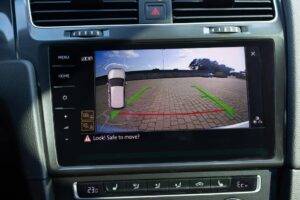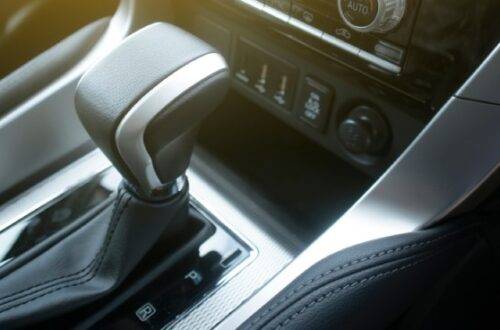5 Ways To Improve Your Level of Safety in Your Car
 When driving, you should always focus on keeping everyone inside and outside the car safe. In addition to operating your vehicle safely, you can take steps to prevent mechanical breakdowns that could lead to a significant hazard or fatal accident. Explore five ways to improve your level of safety in your car and give yourself peace of mind while driving.
When driving, you should always focus on keeping everyone inside and outside the car safe. In addition to operating your vehicle safely, you can take steps to prevent mechanical breakdowns that could lead to a significant hazard or fatal accident. Explore five ways to improve your level of safety in your car and give yourself peace of mind while driving.
Have the Brakes Checked
The brakes are some of the most crucial components of your car’s safety system. However, over time, brake pads wear down and fluid can become contaminated, reducing the effectiveness of your braking system. To ensure your brakes are in top condition, have a professional mechanic check them regularly. One of the benefits of getting regular brake service is that it will help you improve your level of security in your car. Auto professionals will be able to diagnose any problems and complete necessary repairs or replacements, making your ride safer.
Purchase Quality Tires
Another way to improve your level of safety in your car is to buy high-quality tires. Look for tires with good tread depth, so you can get better traction and lower your chances of hydroplaning when the roads are wet. Additionally, ensure your tires are properly inflated, or you may find yourself experiencing a blowout, which can be quite hazardous if you are driving at a high rate of speed.
Implement the Latest Safety Devices
You may be accustomed to driving a car that relies on airbags and seatbelts for safety, but if you haven’t been using a backup camera or parking sensors, it’s time to implement them. Both of these features can help you prevent collisions when reversing your vehicle. In addition, consider utilizing a dash cam so you can gain valuable evidence in the event of an accident.
Watch Your Fluids
Your car’s fluids, such as the oil, coolant, and transmission fluid, play crucial roles in keeping your vehicle running smoothly and safely. Low fluid levels or contaminated fluids can cause engine damage, overheating, and other issues that can compromise your safety on the road. Regularly check your car’s fluid levels and have them changed or refilled according to the manufacturer’s recommended schedule.
Pay Attention to Signs Your Car Needs Repair
At times, your car may offer you signs regarding its condition. Always pay attention to any indicators that your car may need repair, such as grinding brakes, vibrations, or steering issues. You should also never ignore warning lights on your dashboard, as they can indicate problems ranging from engine issues to electrical malfunctions. Addressing these signs promptly can prevent minor issues from escalating into major safety hazards.
Following these recommendations can significantly improve your level of safety in your vehicle. Your car will stay in good condition, and you can enjoy your time on the road.



4 Comments
Pingback:
Shelly Peterson
These are great ideas!
heather
This reminds me that I so need to get new tires and soon been putting it off. I know I will feel a lot better once it’s done.
gloria patterson
In WV we have to have our cars inspected ever year and get a sticker on the windsheld. BUT some idiots decided to change in to ever TWO years.
I like it ever year because it makes your car safer. Brakes, tires etc……………
They have key points that they check and if their are problems you can get it corrected right then.
I am all for my car being safe to drive because I don’t know anything about the workings.